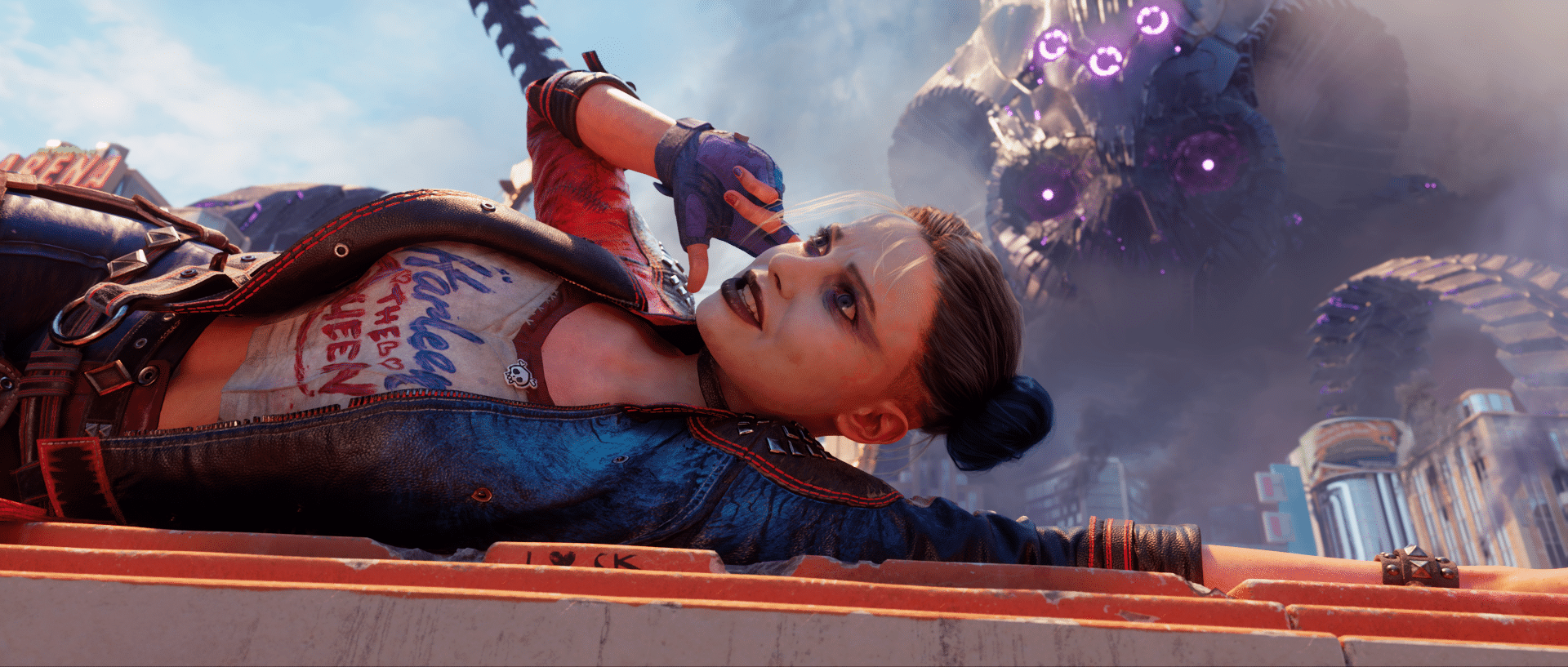
The video game Suicide Squad has stirred up quite a discussion in gaming circles. Players have been expressing their opinions about its plot, gameplay, and overall aesthetics. Some players were captivated by an exciting narrative, while others encountered difficulties with navigation and lackluster mechanics. Given the mixed reviews it’s received, one might wonder: is the criticism justified or is the story commendable despite the challenges in movement? This debate has sparked heated discussions on forums, and a Reddit post summarizes many of these viewpoints quite well.
Summary
- The story received praise for its engaging set pieces and memorable moments.
- Many players criticized the traversal mechanics, labeling them as frustrating and limiting.
- Despite mixed sentiments about the game’s mechanics, some fans believe the overall criticism may be exaggerated.
- Discussions emphasize the dual nature of reactions—some call for change, while others appreciate the game’s effort.
Story Wins Hearts
One key factor that has made Suicide Squad popular among players is its compelling narrative. A Reddit user named Solid-Inspector-2913, who got the ultimate edition at a great price during the holiday sale, praised the “excellent action sequences.” They felt that the story’s moments would linger in their memory, suggesting a deep emotional impact that many games strive to achieve. This sentiment was shared by other participants in the discussion, who admired the engaging plot twists and how well the characters were portrayed within the game’s universe. Gamers who enjoy narrative-focused titles appreciate it when a game invests in character development and world-building, and it seems that Suicide Squad did just that, offering an immersive journey into the DC universe.
Traversing Trouble
Although the game offers captivating narratives, some players have expressed displeasure about its movement mechanics, labeling them as “extremely challenging” or even “terrible”. The main complaints revolve around limited movement options, such as Harley Quinn’s two-swing limit that left several players feeling constrained rather than free to explore the game world. Furthermore, some users have mentioned the repetitiveness of the gameplay, which they feel detracts from the overall experience as they struggle with these mechanics. Ideally, traversal should allow for a seamless and empowering exploration of the game environment, but instead, many players find themselves bogged down by poorly adjusted systems. Instead of feeling like agile anti-heroes, players often find themselves plodding through levels, which significantly affects their immersion.
Debating Deserved Hate
The assortment of positive and negative feedback has ignited discussions about whether the criticism directed at the game is truly warranted. User Wildkahuna noted that they’ve rarely encountered someone who dislikes the navigation aspect so intensely, hinting that some players appreciate its potential while others find it frustrating. This contrast in user experiences suggests that the gameplay isn’t universally poor; instead, it appeals to different player tastes. The dissatisfaction isn’t simply about right or wrong; for some gamers, there seems to be a hidden level of enjoyment despite the technical glitches. Conversely, others ponder if the criticism accurately represented the game’s issues or if high expectations may have influenced reviews and perceptions. Essentially, it appears that this argument revolves around individual experiences rather than a collective opinion.
Character Journeys and Unlocks
As gamers delve deeper into the title, some have observed enhanced movement mechanics when controlling particular characters, mirroring Fatalityy402’s observation that “the movement is smoother with certain characters.” This suggests that although the fundamental gameplay may have its flaws, players might discover delightful aspects concealed within character-specific traits or skills. It opens up an intriguing debate about game design—how can a system be both inclusive and entertaining while accommodating various playstyles without overwhelming players with frustration? This aspect offers insight into the delicate balancing act that game developers must execute in attracting players without pushing them away with complicated controls. Discovering new characters could lead to unforeseen interactions that enhance gameplay in ways not initially expected, thereby fostering a diverse range of player experiences.
As a gamer, I’ve found myself caught in the thick of it with Suicide Squad. The tale is engaging, yet it’s the mechanics that really amplify the narrative immersion. The breathtaking set pieces are a testament to the team’s craftsmanship, but the movement system leaves some of us feeling restricted. Some gamers can get lost in the captivating storyline, while others find themselves wrestling with gameplay that could sour their experience altogether. It’s clear that gaming culture is as diverse as it gets, showcasing a wide spectrum of opinions, from the peaks to the valleys. At its core, a game isn’t just about mechanics; it’s an interactive journey that unites us, stirs debate, and above all, evokes feelings – whether they’re joy, frustration, or even a touch of nostalgia. The adventure through this game has sparked a vibrant discussion, one that invites further exploration and reflection.
Read More
- FARTCOIN PREDICTION. FARTCOIN cryptocurrency
- Skull and Bones: Players Demand Nerf for the Overpowered Garuda Ship
- Gaming News: Rocksteady Faces Layoffs After Suicide Squad Game Backlash
- Mastering the Tram Station: Your Guide to Making Foolproof Jumps in Abiotic Factor
- League of Legends: The Mythmaker Jhin Skin – A Good Start or a Disappointing Trend?
- SUI PREDICTION. SUI cryptocurrency
- ‘The Batman 2’ Delayed to 2027, Alejandro G. Iñarritu’s Tom Cruise Movie Gets 2026 Date
- Honkai: Star Rail Matchmaking Shenanigans and Epic Hand-Holding Moments!
- Smite: Is the Current God TTK Too High? The Community Weighs In!
- The Hilarious Realities of Sim Racing: A Cautionary Tale
2025-01-22 06:28